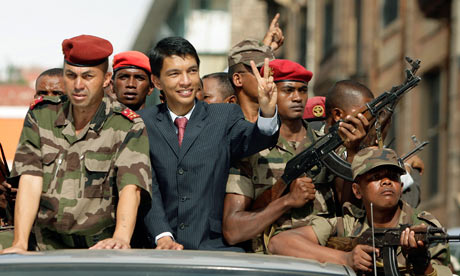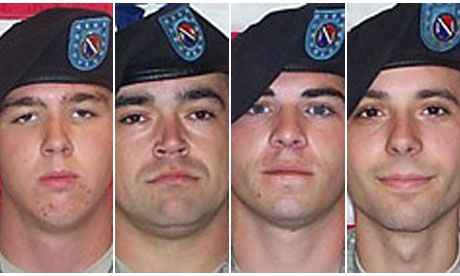By R. Renee Yaworsky
Impunity Watch Reporter, South America
BOGOTA, Colombia—Human rights groups have voiced concern after a pregnant activist was arrested and charged with being connected to the Revolutionary Armed Forces of Colombia (FARC). It is feared that this woman’s arrest is part of a growing effort in Colombia to silence human rights workers and any voices of opposition.
Carolina Rubio is eight months pregnant and was arrested in the northeastern Colombian city of Bucaramanga on Tuesday. She continues to be detained in prison although her health—because of her condition—may be threatened.
Rubio belongs to two groups that may have made her a political target for Colombian authorities: the National Movement of Victims of State Crimes (MOVICE) and the Committee of Solidarity for Political Prisoners (FCSPP). The current evidence against Rubio stems from two informants who remain anonymous.
Rubio had just returned from an assembly of the International Office of Human Rights in Brussels last month where she had been speaking out against human rights violations in Colombia. In Brussels, Rubio presented a report to European Commission officials regarding human rights concerns during the first 75 days of Juan Manuel Santos’ presidency. Rubio stated that over 22 activists were murdered in Colombia during that period. Some human rights workers speculate that these acts are the real reason Rubio was arrested—not any possible connection to the FARC.
The International Office said that it was concerned “that a human rights defender on the verge of giving birth is detained just as she returns to Colombia after having denounced the grave situation of human rights” there.
Amnesty International (AI) has spoken out against Rubio’s arrest. Marcelo Pollack, Colombia Researcher for AI said, “The Colombian authorities have a duty to investigate any criminal activity and bring to justice those responsible through processes which conform to international standards of fairness. However, there is a great deal of concern that such arrests are part of a strategy designed to silence and discredit the work of human rights defenders and to distract attention from their exposure of human rights violations.”
The controversy over Rubio’s arrest has come during a period of increasing persecution against human rights defenders. In Colombia, it is not uncommon for activists like Rubio to be prosecuted using evidence acquired from paid informants rather than impartial investigative authorities.
Pollack has expressed the need for Rubio’s rights to be upheld, saying, “The authorities must ensure that due process is respected and that [her] legal situation is resolved speedily. They must also ensure that she has access to quality health care while in detention. Amnesty International is closely monitoring this case, especially because concerns have been raised about irregularities in the process.”
For more information, please see:
Amnesty International-Colombia: Concern over arrest of pregnant human rights defender-18 November 2010
Latin American Herald Tribune-Rights Activist Arrested in Colombia-18 November 2010
Tolerance-Concern over arrest of pregnant human rights defender in Colombia-18 November 2010

